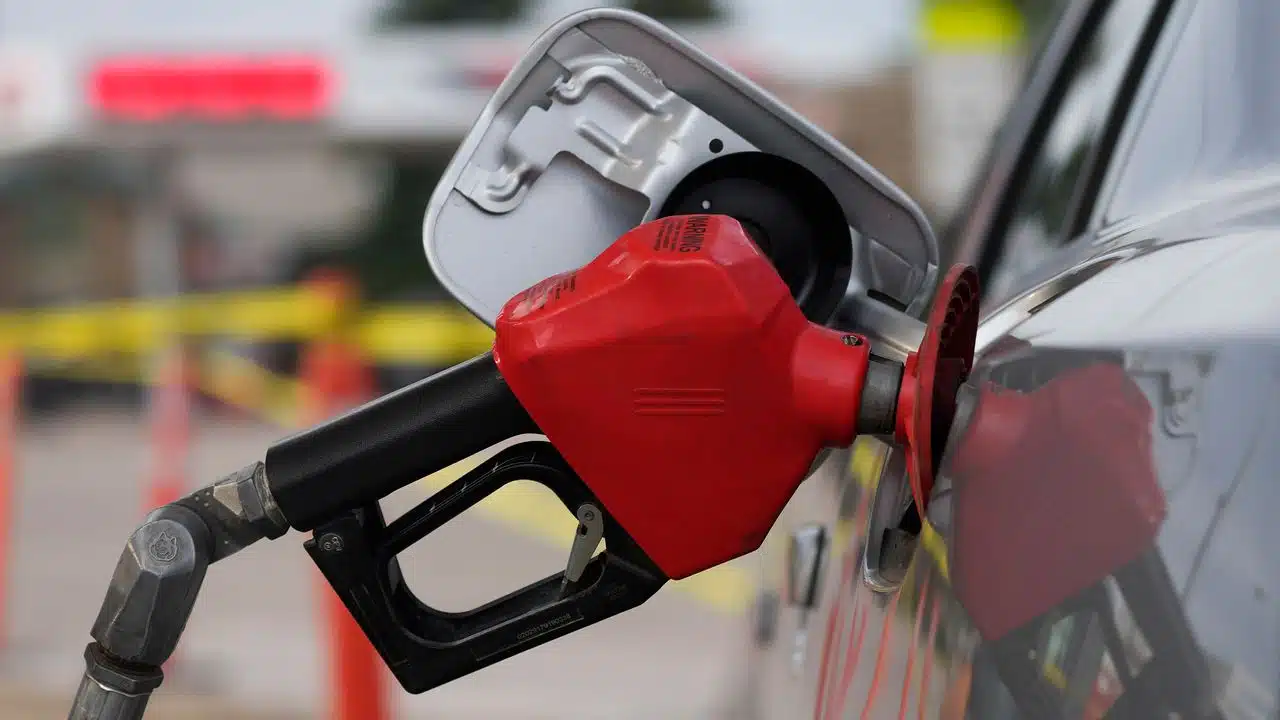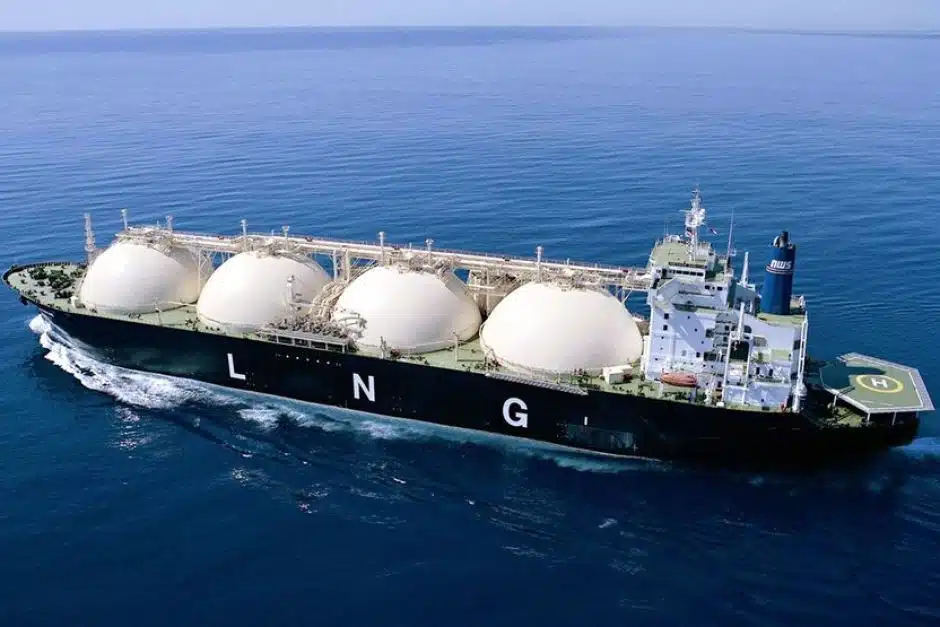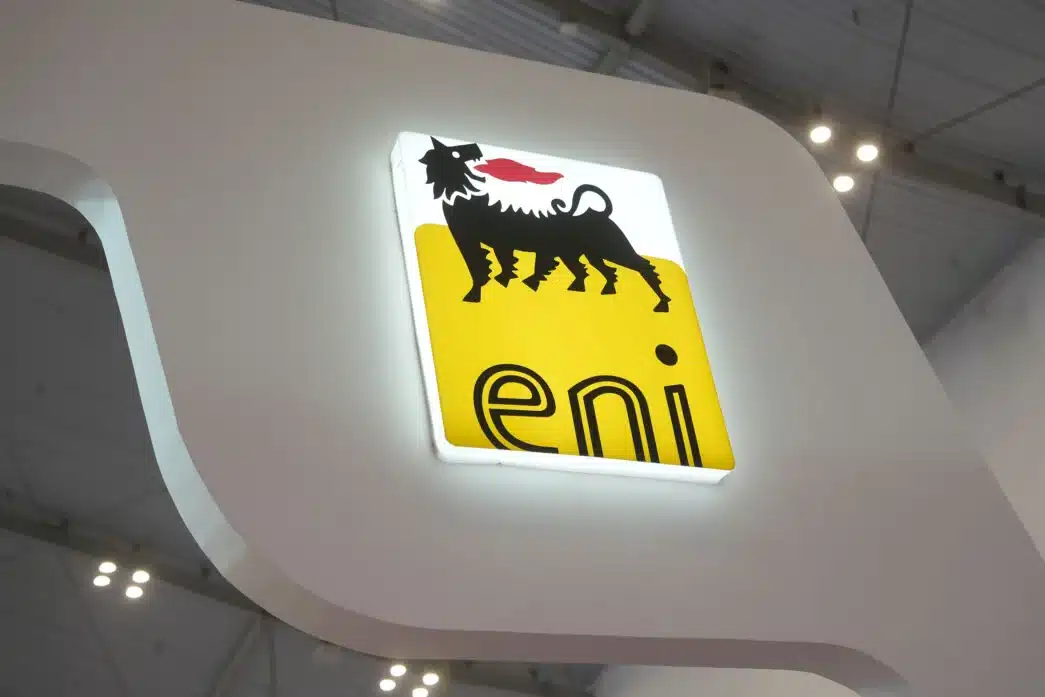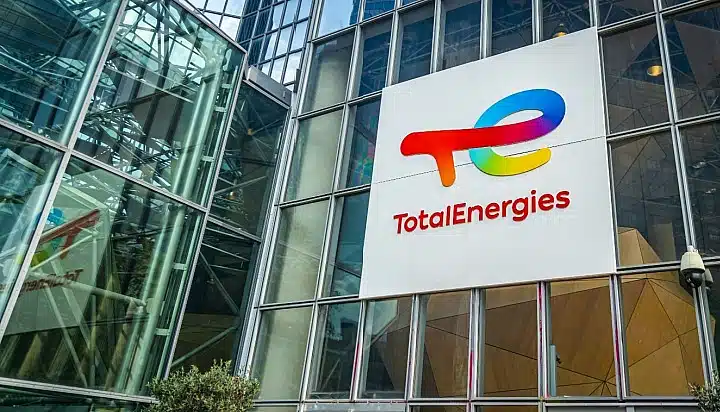The Egyptian government has raised fuel prices for the first time in 2025, increasing the cost of various petroleum products by up to nearly 15% as part of its commitment to economic reforms under an $8 billion agreement with the International Monetary Fund (IMF).
This development, announced on Friday and reported by state media, comes a few weeks after the IMF approved a $1.2 billion disbursement to Egypt, following the fourth review of its 46-month loan deal.
According to the Egyptian Ministry of Petroleum, the new pricing structure took effect immediately and impacts a wide range of fuel products.
Diesel fuel now sells for 15.50 Egyptian pounds per litre, up from 13.50 pounds, marking a 14.8% increase.
The price of butane gas cylinders, commonly used for cooking in many Egyptian households, rose from 150 to 200 pounds.
Price hikes across fuel products
Gasoline prices were also reviewed upwards, with the 80-octane fuel rising to 15.75 pounds per litre, 92-octane to 17.25 pounds, and the premium 95-octane fuel now selling at 19 pounds per litre.
This marks a price jump of between 11.76% and 14.5%, depending on the fuel grade.
This is the first fuel price hike in 2025, following three increases in 2024.
In October last year, Petroleum Minister Karim Badawi disclosed that monthly spending on fuel subsidies still stood at 10 billion Egyptian pounds, despite earlier adjustments in prices.
He noted then that those hikes ranged between 11% and 17%, yet they were not enough to bring fuel prices to full cost-recovery levels.
Speaking in March, Prime Minister Mostafa Madbouly said that the government intends to remove petroleum subsidies as a financial burden by the end of the year.
However, he explained that diesel would continue to receive partial subsidies for the foreseeable future.
“The government understands the impact of price adjustments but must continue on the path of reform to stabilise the economy,” Madbouly said at the time.
Egypt’s latest price adjustments come in response to long standing demands by the IMF, which has urged the country to reduce energy subsidies and allow for greater economic flexibility as a means of addressing its ballooning current account deficit.
In its March report, the IMF noted that Egypt had pledged to eliminate most of its energy subsidies by December 2025, aiming to reach cost reflective pricing for fuel products.
The move is part of broader fiscal reforms that also include streamlining food subsidies and boosting support for vulnerable populations through targeted social safety programmes.








